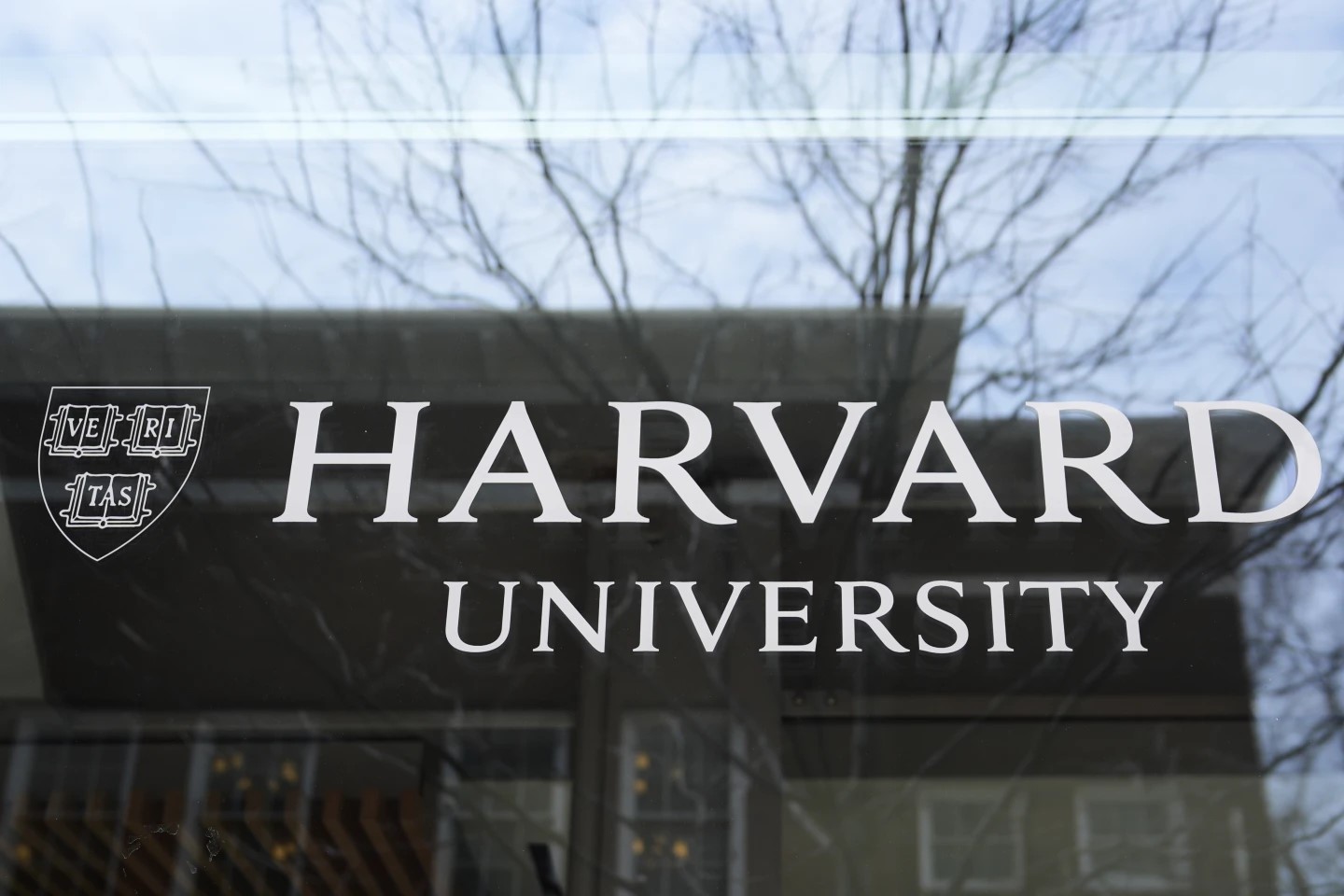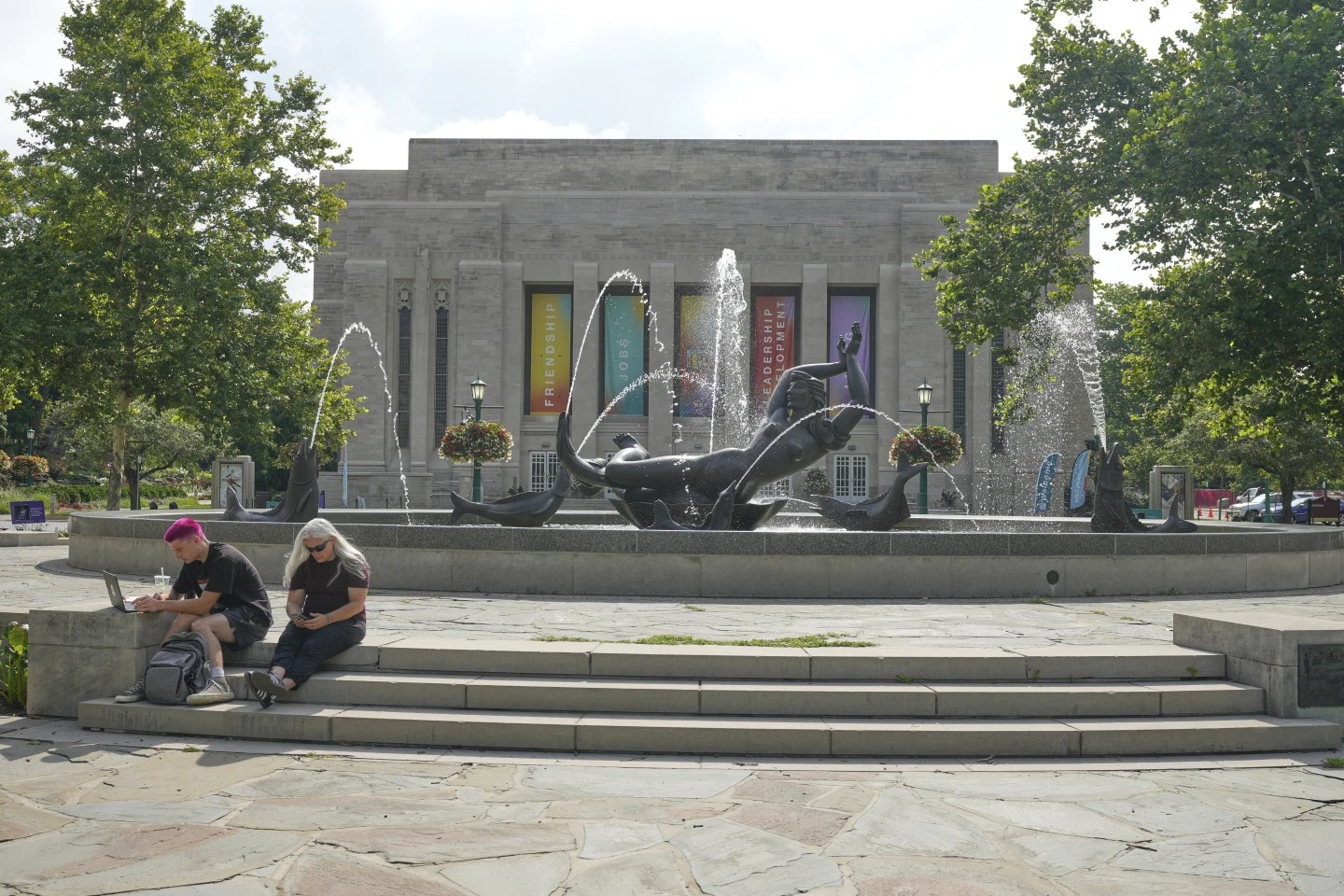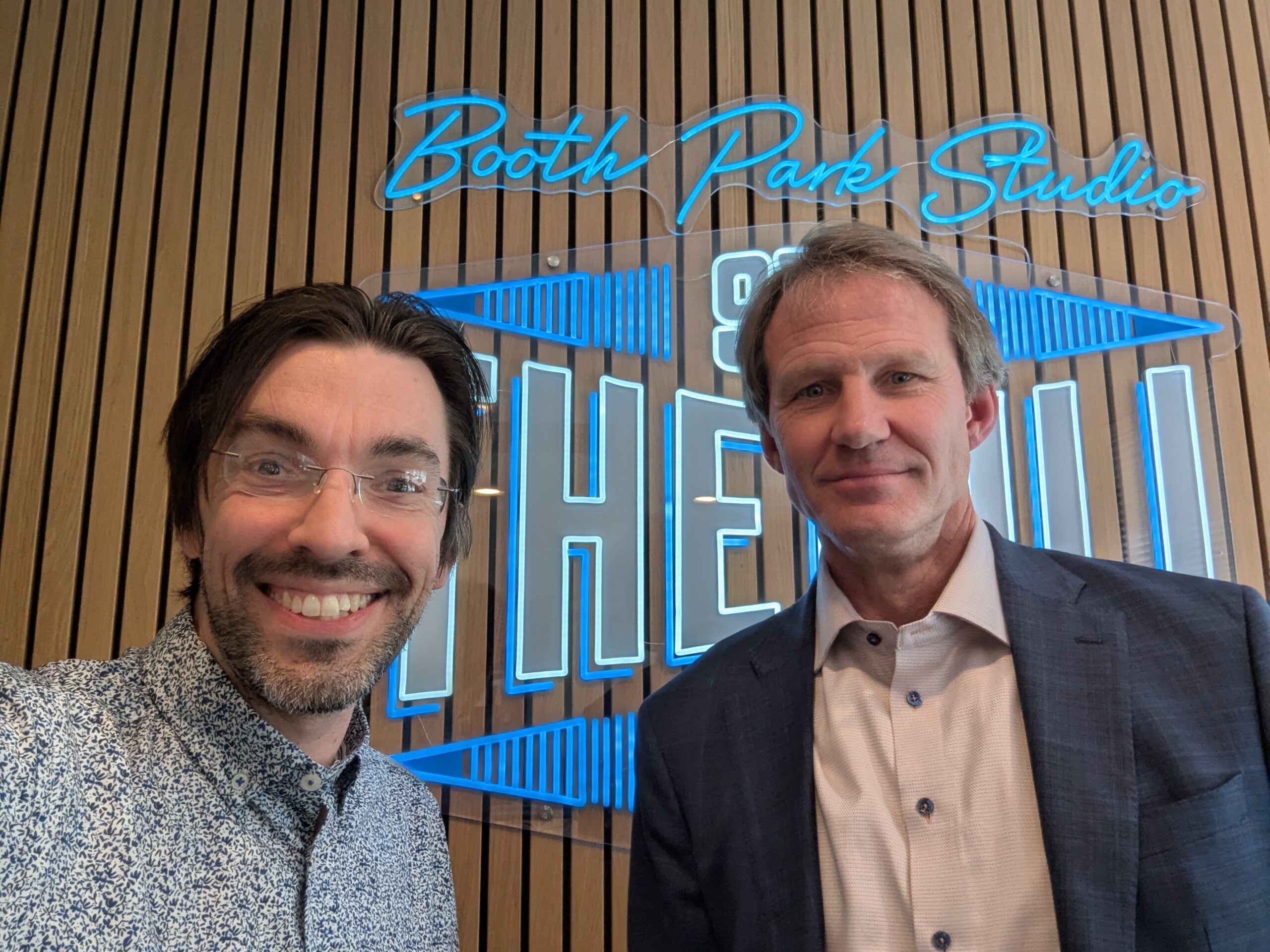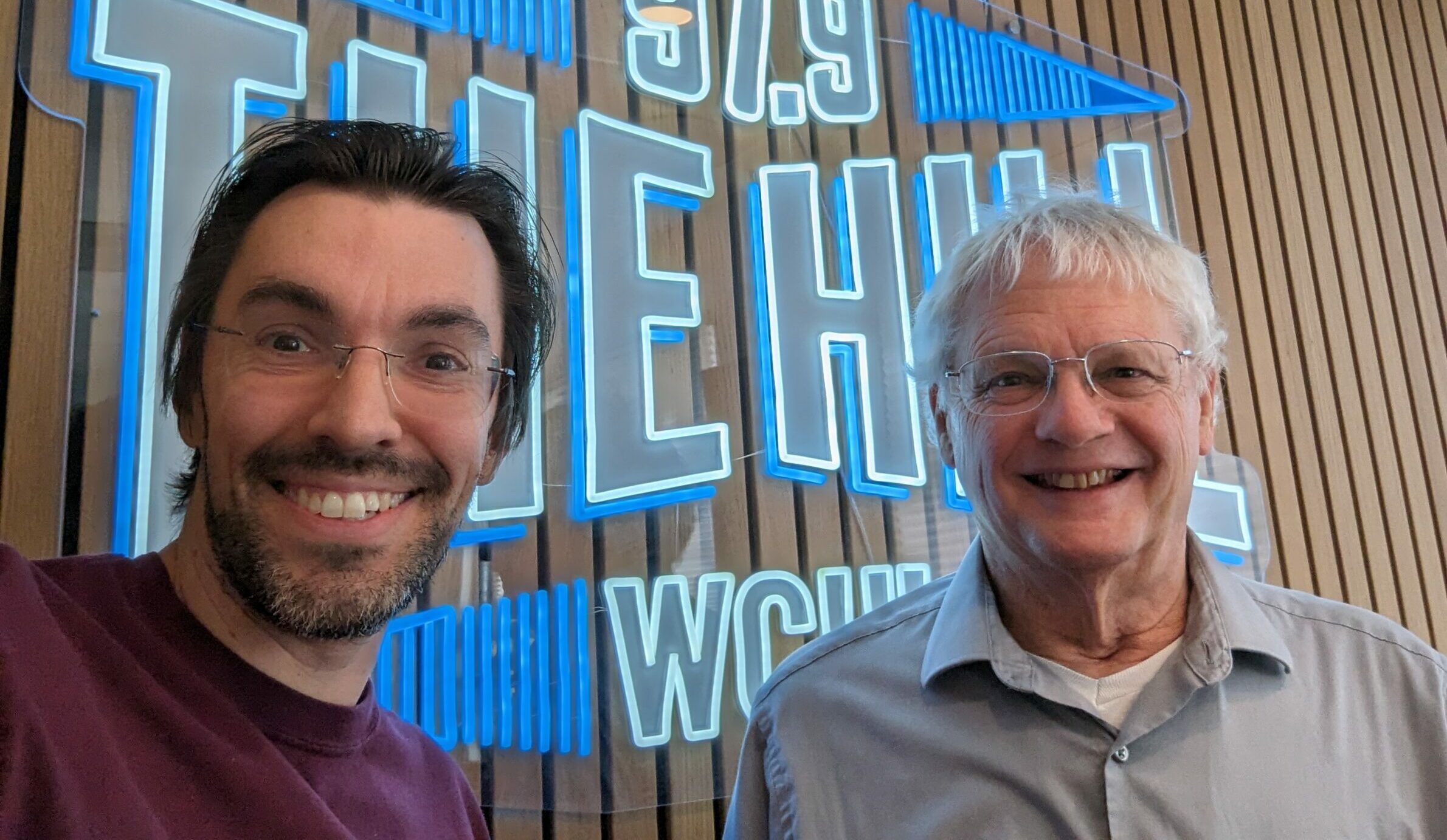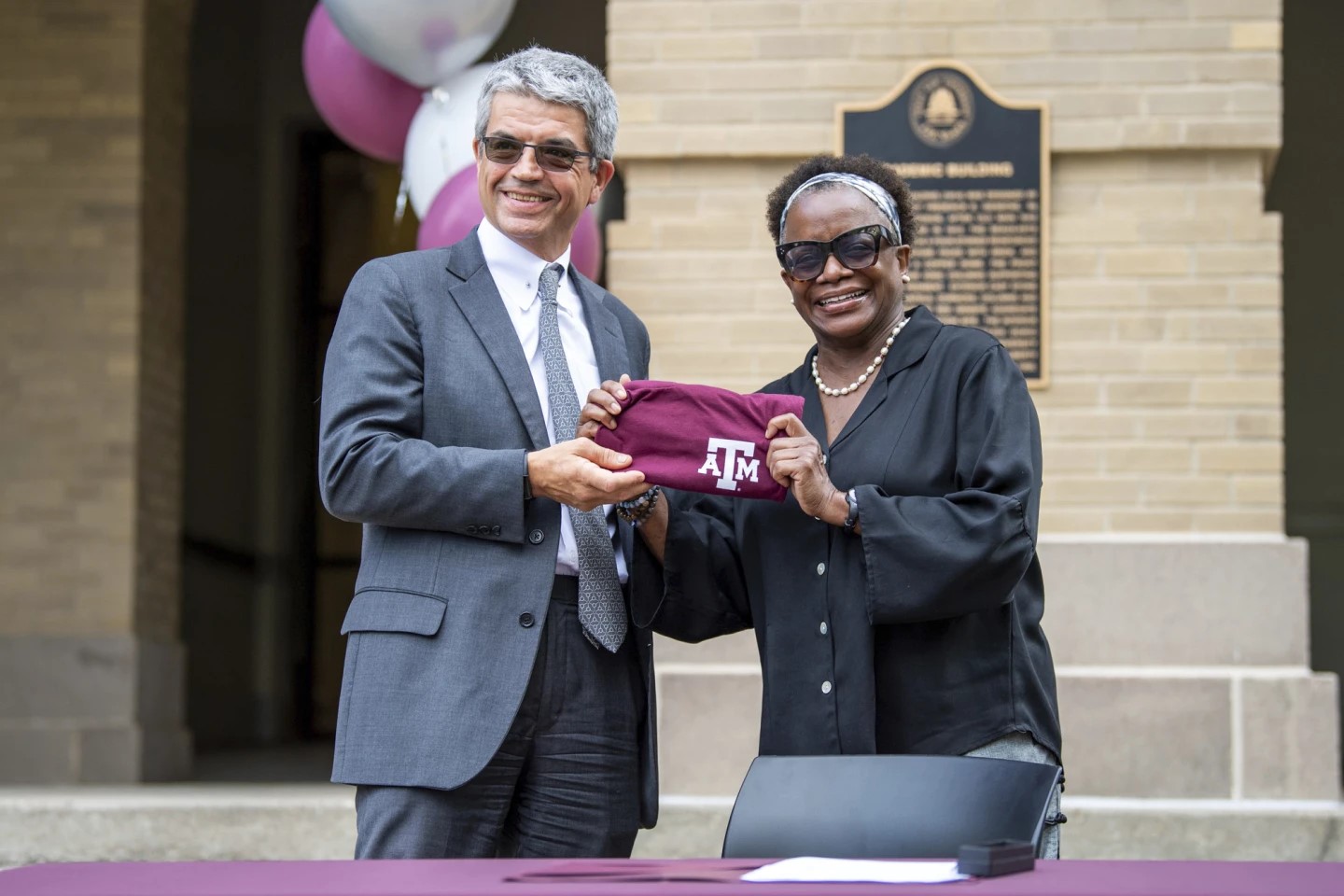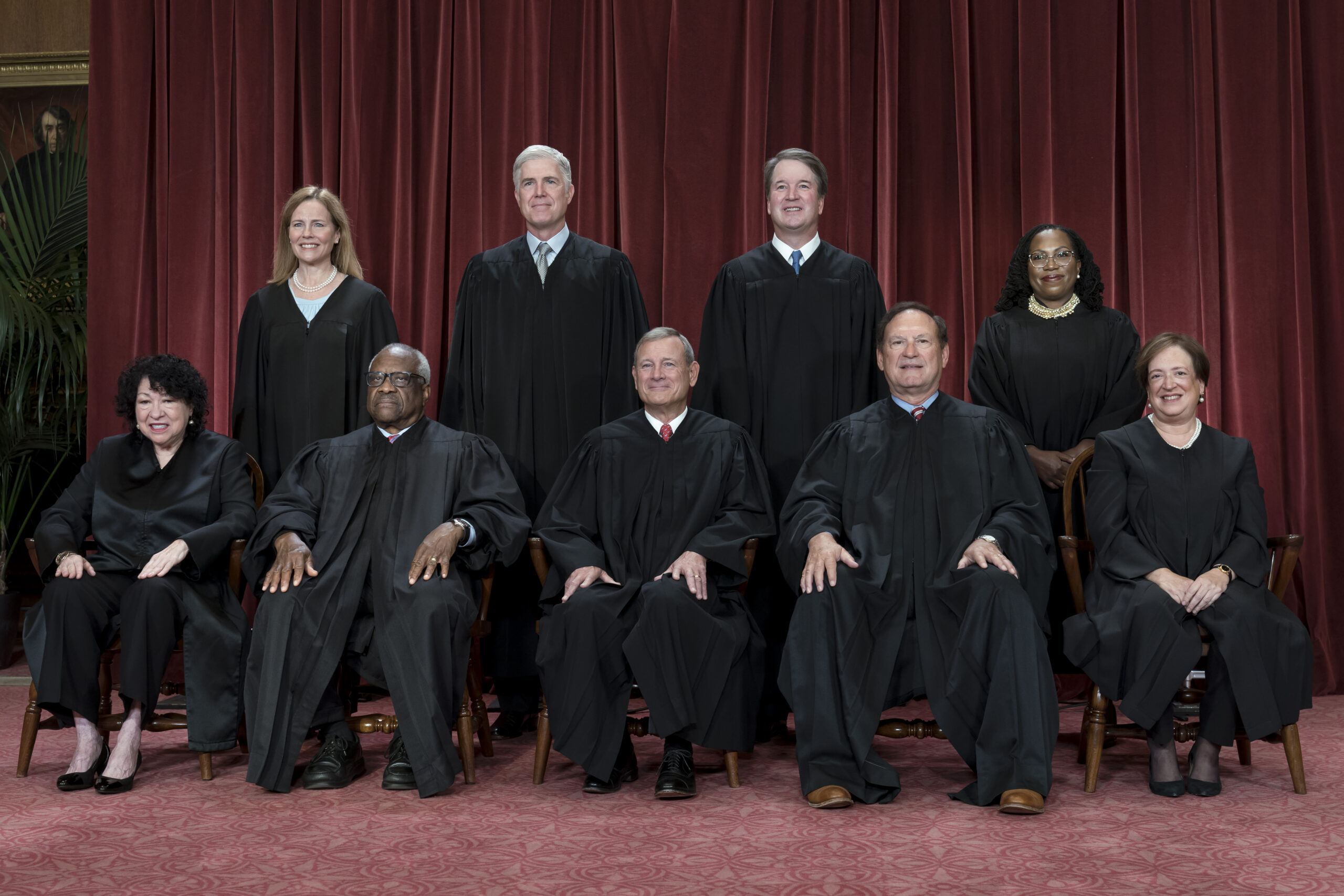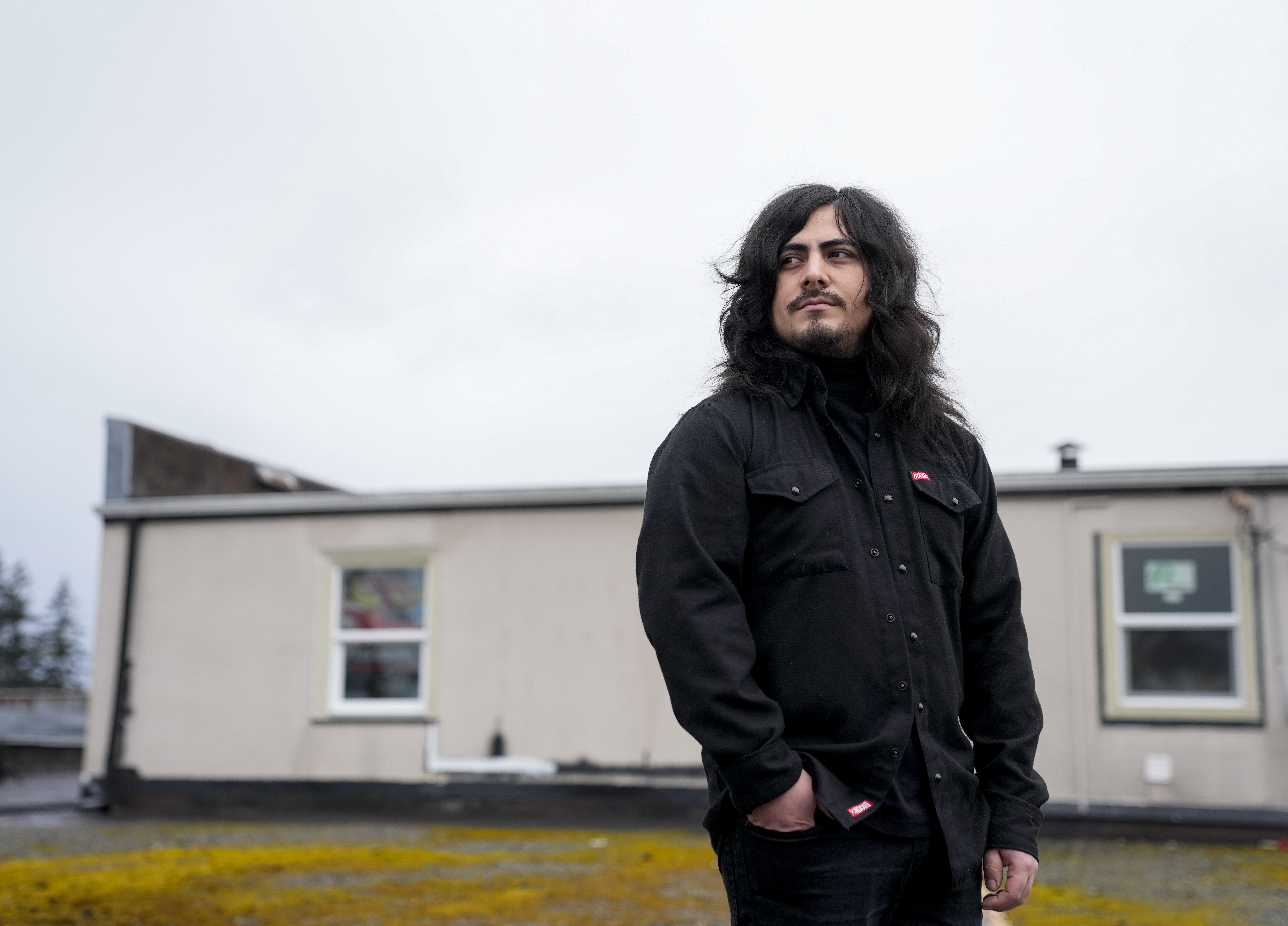The future of higher education: it’s a major issue for policy makers at the state and federal level – and universities are planning for their own futures too, at a time of great uncertainty and significant transition.
What should tomorrow’s colleges and universities look like? How should we be devoting our resources? What should our priorities be? What should be changed, and what should remain the same?
WCHL’s Will Arrington is looking into the future of higher education this year, with perspectives from all sides of the political spectrum. In this, the tenth and final part of an ongoing series, he offers his conclusions and discusses what he’s learned.
Listen to the report.
When Aaron Keck pitched the idea of me doing a series on a particular topic, I could have chosen from a variety of subjects. After all, the 2016 election had just ended, and much was up in the air regarding what would happen to healthcare, LGBTQ rights, foreign policy and a myriad of other topics.
But I figured that out of everything being discussed, higher education should be the one I explored. After all, I figured that all the big decisions were going to be made, both in the near future and far beyond, by people who have higher educations. And as a student myself, I wanted to identify problems and potential solutions to those problems to ensure that the education needed to make big decisions in the future could be given to as many people as possible.
In talking to politicians on both the left and right, several teachers, the President of Durham Tech, business leaders and the Dean of Education at UNC, I noticed several trends regarding higher ed reform. One was a lack of support for many popular mainstream options. For instance, nobody I spoke to is in total favor of making higher education a wholly publicly provided “free” good. There was also opposition to solutions that make higher education a largely privately provided good as well. In other words, while free college and revamping the financing of college via private entities are the talk of the town in Washington, it doesn’t seem that either of these are going to be easy to implement in the end.
The one thing I was very surprised at (and quite frankly saddened by) was the lack of encompassing solutions presented by both experts and administrators. I understand that higher education is a complex issue – but as my series wore on, I felt more and more that experts and politicians were excellent at identifying the problems in higher education but far less so at identifying solutions. So far, the only trend regarding solutions is that there is not (nor can there be) an overnight fix. Everything must be taken gradually when it comes to higher ed reform. Of course I’m in no position to give a solution myself, but I feel before we implement solutions, we need to shift the conversation towards solutions rather than the problems.
The one thing that didn’t change, though, was my perception about the worth of higher education. I didn’t meet anybody who said that higher education wasn’t worth obtaining. And as in the case of Fayez Kurdi, a Syrian refugee who used an engineering degree he never wanted to emigrate out of his homeland, I came across people who reaffirmed my belief that higher education has the infinite potential to better people’s lives.
Overall, I think the topic of higher education is like all great problems in this country: it’s easy to talk about the problems, and it’s easy to offer grandiose solutions – but providing detailed, thorough solutions is the hard part.
I hope that this series has informed you and made you think about a topic that will affect not only my generation, but the next one as well. I want to extend a special thank you to Aaron Keck, and my profound thanks to Craig Horn, Graig Meyer, Fayez Kurdi, Steve Brooks, Dr. Bill Ingram, John Paul-Petrash, Dr. Robert Jenkins, Dr. David Long and Dean Fouad Abd-El-Khalick who agreed to partake in this series with me.
Read Part 1 of Chapelboro’s series on higher education.
Read Part 2 of Chapelboro’s series on higher education.
Read Part 3 of Chapelboro’s series on higher education.
Read Part 4 of Chapelboro’s series on higher education.
Read Part 5 of Chapelboro’s series on higher education.
Read Part 6 of Chapelboro’s series on higher education.
Read Part 7 of Chapelboro’s series on higher education.

